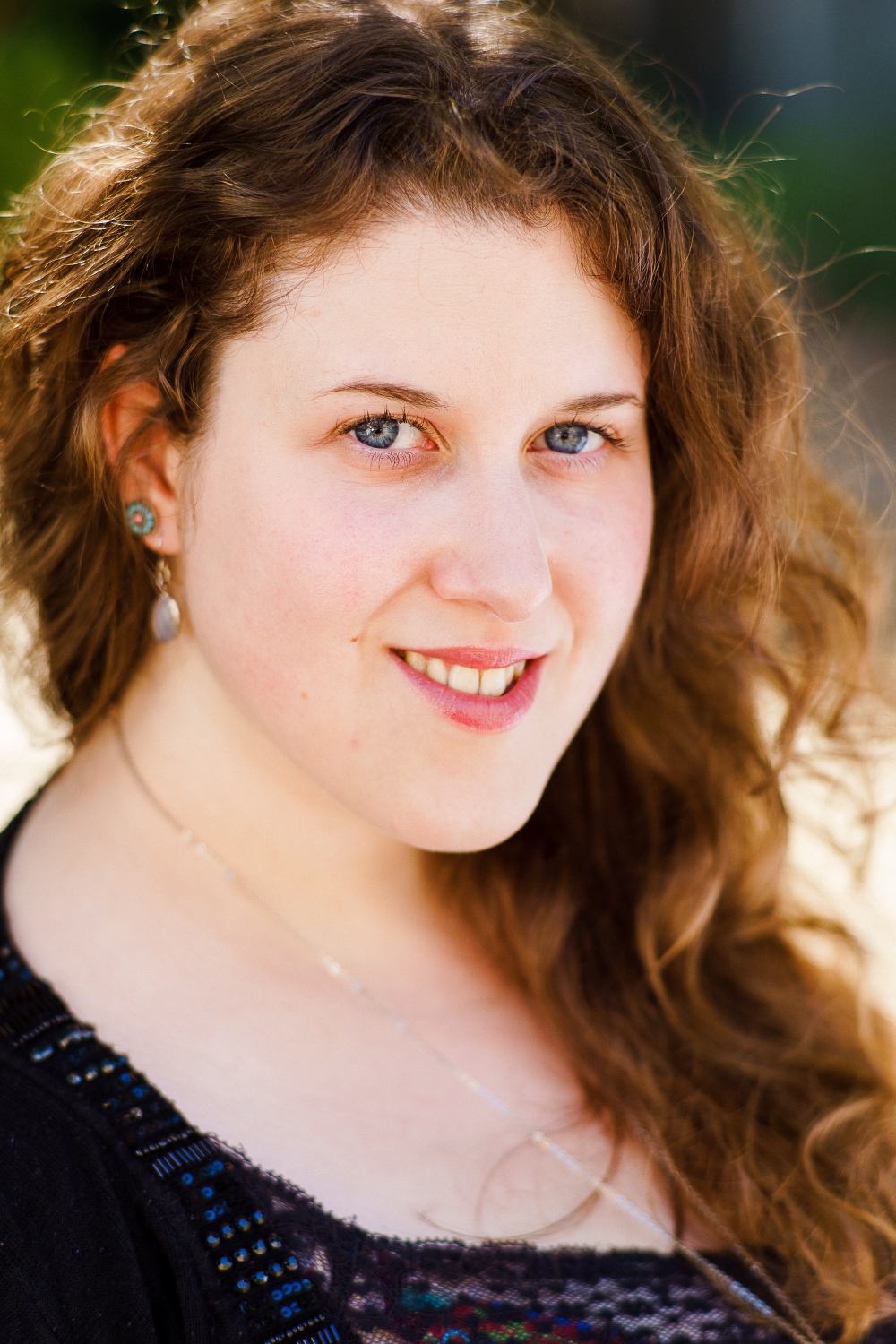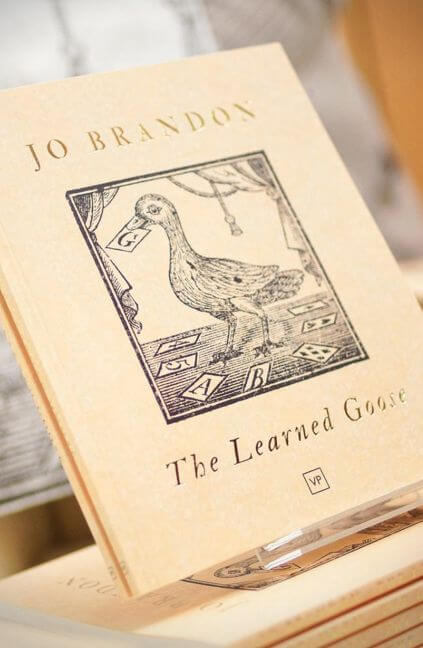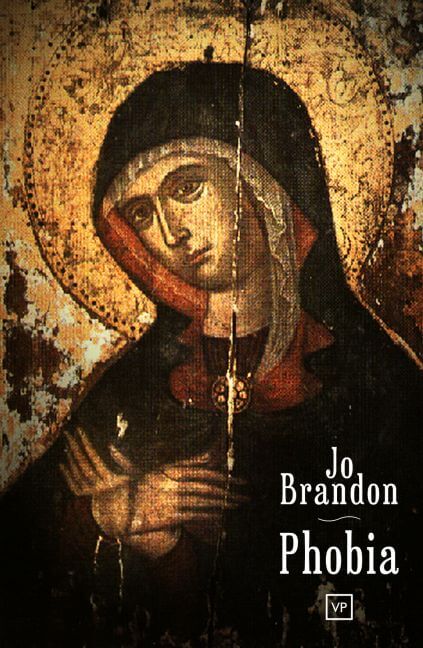What does a book editor do? And could you be helped by having one?
It wasn’t too long ago I finished editing my first full-length poetry collection Little Quakes Every Day. As ever, Valley Press sourced the perfect editor to work with me to make the collection the best it can be, from the ordering of poems to the ins and outs of rhythm, meaning, and word selection.
Jo Brandon, a poet in her own right, was the perfect book editor for the book. I’ve admired her own collections for years, with one of them – The Learned Goose – being on my list of top reads for last year. It’s whimsical, deep, and often dark too. Jo and I got on so well that I thought it’d be a good idea to interview her about the world of book publishing, to find out more about how she got into editing and the reality behind what a poetry editor can offer.
So here goes!

Could you tell us a bit about yourself as a writer and editor? Do you edit both prose and poetry?
I’m primarily a poet who also writes a bit of prose. I have one pamphlet, Phobia, and one full length collection, The Learned Goose, published by Valley Press. My next collection Cures is due out January 2021.
In terms of my editing work I’ve undertaken various editing projects covering poetry, short fiction, novels and non-fiction over the last decade, primarily for an independent publisher.
If you’d like to find out a bit more about my work please visit: www.jobrandon.com
How did you start out as an editor?
I was an editor for a young writer’s ezine called Cadaverine. I had the opportunity to work as prose editor, poetry editor and then General Editor, so that gave me a good grounding. I also did a degree in Creative Writing and have had various roles that included editorial elements.
Aside from my paid work, something that I’ve also found really useful is attending lots of workshops and different writers’ groups, as they helped me learn so much about how to frame editorial feedback constructively.
What happens when an editor works with a writer?
It varies with each project but my preferred approach is to read through a manuscript before I commit to working on it to check it is something I feel invested in and would be a good fit for.
Then I like to confer with the author and set out a plan and a timescale. From there on it is a collaborative process really. I proofread and make notes for edits around sense and clarity or enhancing structure and form then share them with the author. We go back and forth polishing until we both have a manuscript that we think is ready.

What would surprise a writer about the editing process?
Probably the amount of creative energy that goes into editing. When I edit I’m not just looking for spelling errors or grammatical mistakes but checking for sense, consistency, pace, readability and also rhythm, word choice etc.
The first time I read something I aim to just enjoy it and get the lay of the land. After that there are several close reads and a final check, so I tend to know the manuscript pretty intimately by the end.
How essential is editing to the publishing process?
I think editing is important in a few different ways. I think it is so useful for a writer to get the opportunity for a fresh pair of eyes and to receive support in making the manuscript as ready as it can be. I think it is important for the publisher to feel confident in the book they’re producing and I think it is important that the reader receives a book that’s had a lot of care taken over it at every stage.
What skills do you need to be a book editor?
I think it is important to be methodical, organised, have a keen eye and be willing to invest yourself in the project you’re working on (because you will need to read it a lot!). I think it helps to be curious and a teeny bit obsessive too. Other useful attributes I would include are consideration and positivity in how you deliver editorial feedback.
As a writer myself, I know what it’s like to put work out there and then receive feedback. It’s a scary, exciting, strange experience, so if you can build trust and rapport with the person you’re working with it makes it a much more enjoyable, creative and collaborative process.
How important is it to find the right editor for your work?
I do think it’s important but being able to assess when you’ve found the right one can depend on what you want and need from an editor.
My advice for anyone new to working with an editor would be to attend some writing workshops and maybe a writers’ group first and find out a bit more about how you process and receive feedback. Not all edits will be helpful. I think it is really useful, as a writer, to develop a judgement filter, so that when you receive feedback you don’t blindly accept it or turn it away. Be open minded and willing to experiment but also keep in mind that this is your work.
I feel there has to be a balance with editing. I look back at published poems where I’m glad I dug my heels in a bit over editorial suggestions but there have also been times when I’ve received incredibly insightful edits that helped me write the piece I intended to and that continue to inform my writing style.
As an editor I never want to impose my opinion or suggestions – I like to leave a bit of space around them to be applied (or ignored) by the author.

What can a book editor help a writer to do?
I think an editor is a bit like a cheering crowd and a bottle of water near the end of a marathon. As the writer it’s your creative output that has produced something you’re ready to publish. You’ve put in the time and the hard work so the victory is yours but the editor takes off a bit of the strain.
I think people sometimes feel like they’re going to get caught out by an editor or that they’ll tell them they’re no where near as close to the finishing line as they thought but an editor is there to help you ready your work for publication not throw up hurdles.
There is a different skill set required for editing than for writing and often a fresh pair of eyes is absolutely invaluable. A good editor will get you doing a thorough stretch and cool down after what probably feels like a very long race.
What should a writer look for when they’re searching for an editor?
I work mainly with one independent publisher on poetry and short story projects so I wouldn’t want my approach to be taken as gospel, there are lots of great resources out there that will have broader advice. These are some of the places that I often reference for advice and guidance:
Generally though, I think word of mouth recommendations are useful. If an editor is recommended by your publisher or a fellow author then that can be a positive sign. Perhaps check books they’ve worked on and have a chat with them about their approach prior to making a commitment.
What should a writer avoid when they’re searching for an editor?
I would avoid having a friend or family member edit your work – I think a fresh, unbiased pair of eyes is always useful!
What advice would you give a writer who is considering working with an editor?
These would be my top tips:
- Be honest with yourself about the kind of editorial support and services you need for your work.
- Reflect on editorial feedback before dismissing it.
- Be open-minded but also feel able assert your creative ownership.
- Try to find an editor you trust and who shows an understanding of your work.
- Learn how to receive, assess and (in the right instances) apply editorial feedback to your work.
- Remember editorial feedback isn’t negative criticism (or shouldn’t be!) it is there to make a positive impact on your writing. There are times when I just want to annotate pages with ‘I love this’ or ‘this is beautiful’ but it isn’t useful (I sneak the odd one in when I’m overwhelmed by the need to comment…) so if you feel you are only hearing about things that need amending don’t be disheartened.
- Lastly, congratulations! You’ve written something you’re thinking about sharing with an editor – that’s no mean feat!
Thanks Jo!
It can be nerve-wracking working with an editor – you’re never quite sure what they’ll say and that can be terrifying, especially if you’re trying to get a book ready for publication. But as Jo says, an editor is there to help you reach the finish line, not trip you up. I’ve worked with many poetry and fiction editors now, and though they’re all different, they’ve ALL helped.
So if you’re faced with being matched with an editor or you’re considering hiring one yourself, don’t be worried! No matter whether you’re a new writer, emerging writer, or established writer, seeing your work through fresh eyes is the best thing in the world.
Interested in finding out more about what a book editor really does? Find out more in my blog exploring the different kinds of editor and how you can find the right one for you.

An interesting interview on the role of an editor and insightful for new age, aspiring writers;like me.
LikeLike
Thank you so much! I really enjoyed doing it., and I’m always learning about the role of editor, too!
LikeLiked by 1 person